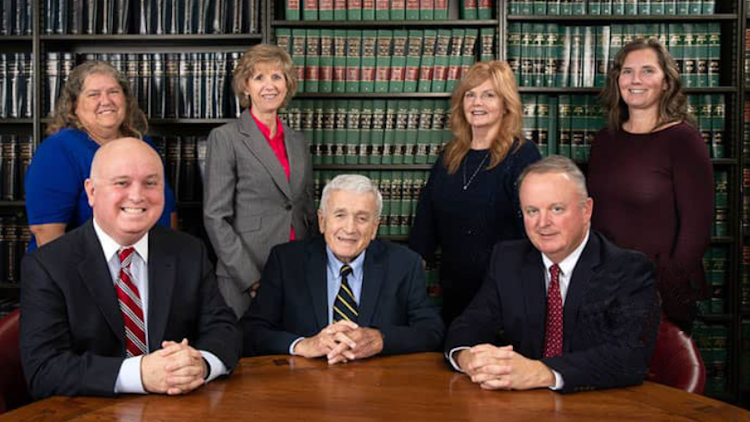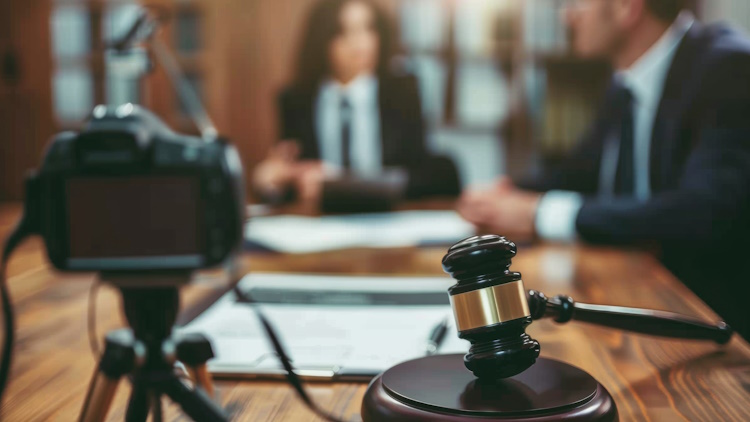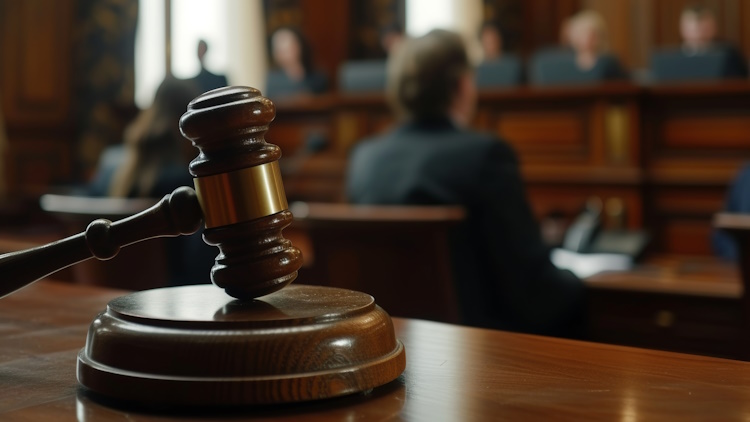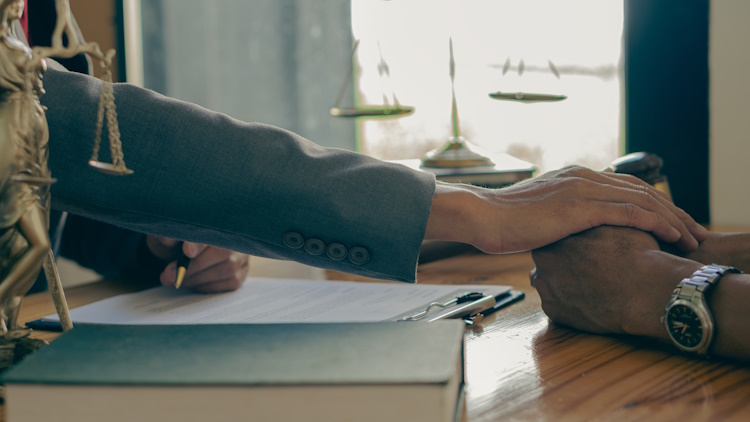If you’ve been injured in an accident, you might be wondering what a personal injury lawyer does, and how they can help you. Personal injury lawyers are your advocates in the aftermath of an injury, helping to secure the compensation you deserve. Let’s dive into the key roles a personal injury lawyer plays and how they can help you get back on track!

The Big Picture: Your Advocate After an Injury
A personal injury lawyer represents you when you’ve been harmed due to someone else’s negligence, such as in a car accident, slip and fall, or medical malpractice. Their job is to fight for your rights, ensuring you’re compensated for medical bills, lost wages, pain, and suffering. From investigating your case to battling insurance companies, they handle the heavy lifting so you can focus on healing.
The main responsibilities of a personal injury lawyer are:
- Investigating Your Case
- Calculating Your Damages
- Negotiating with Insurance Companies
- Representing You in Court
- Guiding You Through the Legal Process
- Maximizing Your Compensation
At Monohan & Monohan, our Kentucky-based personal injury attorneys are here to make the process clear and stress-free. If you’ve been injured, contact us for a free consultation—or continue reading to learn more about how a lawyer can assist you.
1. Investigating Your Case
A personal injury lawyer starts by building a strong foundation for your claim. They dig into the details to prove who’s at fault and how you’ve been harmed.
Key Tasks:
- Collect evidence like police reports, medical records, and photos of the accident scene.
- Interview witnesses to support your version of events.
- Work with experts (e.g., accident reconstructionist) to strengthen complex cases.
Why It Matters: Solid evidence is crucial to proving negligence and securing a fair settlement.
At Monohan & Monohan, our attorneys leave no stone unturned to build a compelling case for you.

2. Calculating Your Damages
Determining what your case is worth is a critical step. A lawyer assesses all your losses—both now and in the future—to ensure you’re fully compensated.
Types of Damages:
- Economic: Medical bills, lost wages, and future care costs.
- Non-Economic: Pain and suffering, emotional distress, and reduced quality of life.
- Punitive (rare): Extra damages to punish reckless behavior (e.g., a drunk driver).
Why It Matters: Lawyers know how to value long-term impacts, like chronic pain or inability to work, to maximize your settlement.
Our Monohan & Monohan team ensures every dollar you’re owed is accounted for.

3. Negotiating with Insurance Companies
Insurance companies often try to minimize payouts with lowball offers or by blaming you for the accident. A personal injury lawyer levels the playing field.
What They Do:
- Handle all communication with insurers to avoid traps, like recorded statements that weaken your claim.
- Negotiate aggressively for a settlement that covers your full damages.
- Advise you on whether to accept an offer or take the case to court.
Why It Matters: Insurers have teams of lawyers—your attorney counters their tactics to get you a fair deal.
Monohan & Monohan attorneys are skilled negotiators who know how to push back against insurance company games.
4. Representing You in Court
Most personal injury cases settle out of court, but if negotiations fail or the other party won’t budge, your lawyer is ready to fight in court.
Courtroom Roles:
- File legal documents and meet Kentucky’s deadlines (e.g., 1-year statute of limitations for most personal injury claims, per KRS 413.140).
- Present evidence, question witnesses, and argue your case before a judge or jury.
- Counter the defense’s arguments to prove negligence and damages.
Why It Matters: A lawyer’s courtroom experience can make or break your case if it goes to trial.
Our Monohan & Monohan attorneys are seasoned litigators, prepared to take your case as far as needed.

5. Guiding You Through the Legal Process
The legal system can be confusing, especially when you’re recovering from an injury. A personal injury lawyer acts as your guide, handling the complexities so you don’t have to.
Support Provided:
- Explain your rights and options in plain English.
- Keep you updated on your case’s progress and next steps.
- Ensure all paperwork, like medical bills or claim forms, is filed correctly and on time.
Why It Matters: Their guidance reduces stress and prevents mistakes that could hurt your claim.
At Monohan & Monohan, we prioritize clear communication to keep you informed and confident.
6. Maximizing Your Compensation
A lawyer’s ultimate goal is to get you the highest possible compensation for your injuries. They use strategies to strengthen your case and avoid pitfalls.
How They Do It:
- Structure settlements to minimize taxes (e.g., prioritizing tax-free medical damages, per IRC Section 104(a)(2)).
- Identify all liable parties (e.g., a driver, employer, or manufacturer) to increase potential recovery.
- Advise against settling too early, ensuring all injuries and costs are fully assessed.
Why It Matters: Their expertise ensures you don’t leave money on the table.
Monohan & Monohan attorneys fight tirelessly to secure every penny you deserve.

Why You Need a Personal Injury Lawyer
You might wonder if you can handle a claim yourself, especially for minor injuries. While it’s possible in rare cases, a personal injury lawyer is essential for:
- Complex Cases: Wrongful death, or multi-party accidents require legal expertise.
- Serious Injuries: High medical costs or long-term impacts need careful valuation.
- Insurance Disputes: Low offers or denied claims demand skilled negotiation.
- Legal Deadlines: Kentucky’s 1-year statute of limitations means you can’t afford delays.
A lawyer protects your rights and boosts your chances of a fair outcome, often working on a contingency fee (e.g., 33-40% of your settlement), so you pay nothing upfront.
Trust Monohan & Monohan to Fight for You
A personal injury lawyer does more than file paperwork—they investigate, negotiate, and fight to get you the compensation you need to move forward. From building your case to battling in court, they’re your advocate every step of the way. At Monohan & Monohan, our experienced Kentucky personal injury attorneys are dedicated to securing your recovery with compassion and tenacity.
Injured in an accident? Contact us today for a free consultation. Let’s get you the justice and compensation you deserve!

